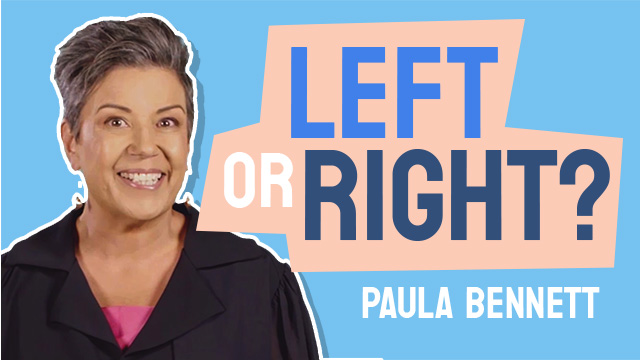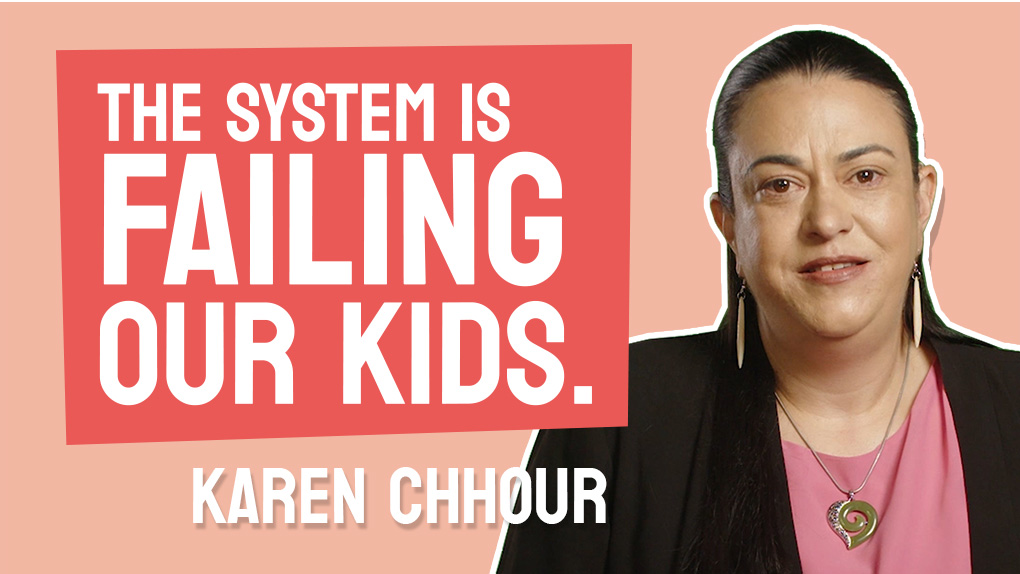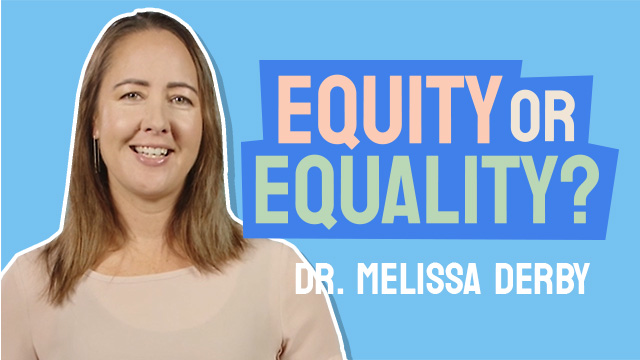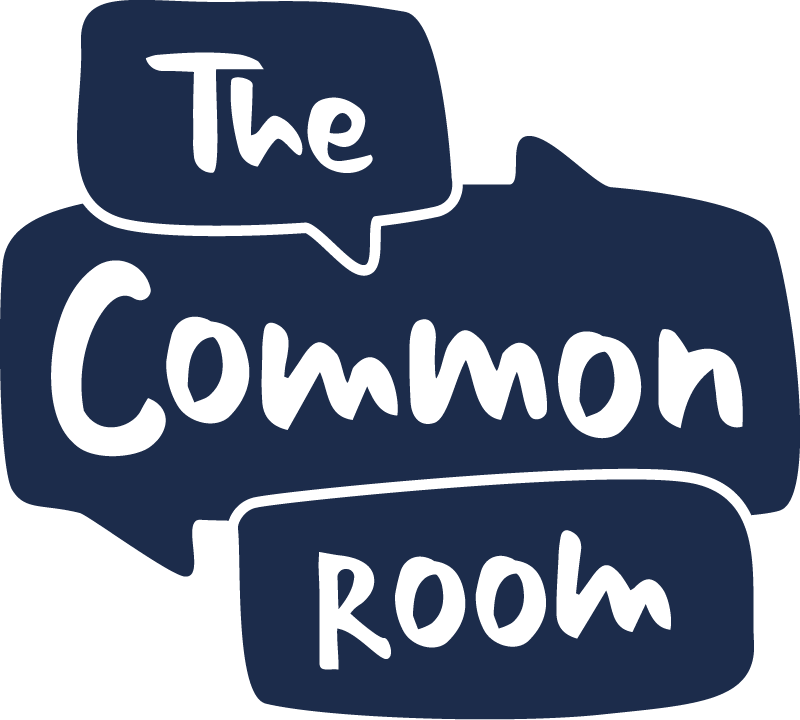Is the system stacked against some kiwis?
12 February 2023
It’s often suggested that it’s the system that causes success or failure, it’s our skin colour or ethnic background that matters. And until things like ‘systemic racism’ or ‘privilege’ end, the outcomes that some people experience will never change. But can this narrative can have the opposite effect?
When I was a child, my parents drilled into me the value of hard work, which began by completing mundane tasks at home, like putting my school bag away and setting the table. On top of this, they ensured I did my best at school and had good manners and respectful behaviour. I didn’t grow up in a wealthy family, but I had something that money can’t buy – parents that instilled in us the understanding that hard work pays off, a good attitude is crucial, and manners matter. Essentially, we learnt that you get out of something what you put into it. I’m sure many of you will have grown up with the same messages, and they have no doubt served you reasonably well in life, irrespective of your socioeconomic background, your ethnicity, your family make-up, the era in which you were born, and other such factors. That’s because certain values or principles tend to apply to people generally.
Now, if I promoted hard work, good manners, and a winning attitude as a tried and true combination that has contributed to the success of countless individuals and groups for many generations, I would be accused of all manner of sins. That’s because what is suggested nowadays is that it’s the system that causes success or failure, it’s our skin colour or ethnic background that matters, and ultimately, that until things like ‘systemic racism’ or ‘privilege’ end, the outcomes that some people experience will never change. We find these sorts of ideas everywhere, and they seem to be directed at Māori in particular.
Now it is important to acknowledge that no system is perfect, and that racism has affected many and is something to be abhorred. However, the idea that systems are the sole or primary cause of particular outcomes is largely based on assumption, and they actually ignore a lot of evidence about success that paints quite a different picture. This idea also raises some crucial questions that need to be answered for the rhetoric to ring true. For example, if ‘systemic racism’, which we are told permeates our systems and institutions, is the cause for a disproportionate number of Māori experiencing poor outcomes, why don’t all Māori experience poor outcomes? In fact, on many measures, the vast majority of Māori perform perfectly well. How is this possible if systemic racism is everywhere, causing poor outcomes?
Another critical question we must ask ourselves is what damage is being done to Māori perceptions and potential by promoting these ideas?
It seems on the surface at least, nice to say that ‘it’s okay, that wasn’t your fault, someone else is to blame, so someone else needs to take responsibility, not you’. In fact, it’s human nature to seek excuses, and blaming another individual, group, or plain old bad luck is far more appealing than taking responsibility for the part we play in the outcomes we experience.
Now, don’t get me wrong, while we have made exceptional progress in improving systems and bringing about awareness of different cultural perspectives, bad things have happened historically, such as war, land confiscation, discrimination and exclusion. And bad things happen today. Try as we might, we can’t control everything that happens in our lives. It is cosmic luck – or lack thereof – that determines the circumstances to which we are born, and we aren’t all born to the exact same circumstances. Accidents, sickness, human malice, natural disasters, and just bad luck are all unfortunate realities of life.
But to suggest that Māori have no agency in determining the course of their lives is not only wrong, it is actually the very worst thing you could do to a group of people. To put it bluntly, if I wanted to destroy a group, this is exactly what I would have them believe – that the system is stacked against them and is set up to make them fail. I would have them believe that they have no agency in their lives, and no ability to influence the outcomes they experience. These claims simply aren’t true, as evidenced by the many examples of Maori success in our society in all sectors, such as education, business, sport, politics and more.
These fallacies, no matter how fashionable or kind they may seem, present as a form of modern-day genetic determinism that paint Māori as inherently disadvantaged by systems that have actually worked well for many Māori. The question that is crucial to ask is why the majority of Māori succeed perfectly well?
Ending systemic racism on its own isn’t enough. Children and their families need to utilize their agency and take some responsibility for their success. Ultimately, what has worked well for others tends to work generally – and you can’t go past the values my parents, and countless other kiwi parents, instil in their children as key ingredients to success.
I’m Dr Melissa Derby for The Common Room.




